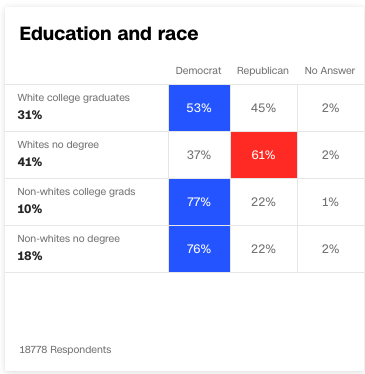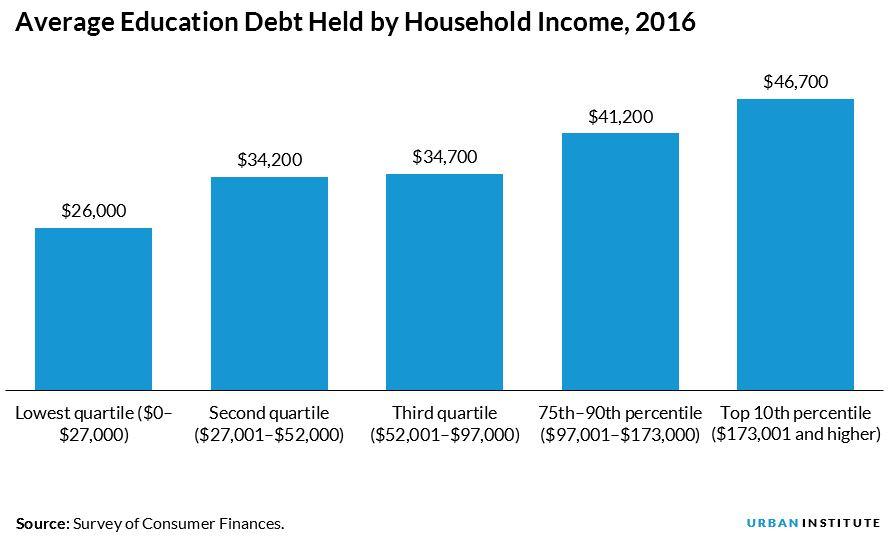(Posted while leading the 11th annual Summer Institute of Civic Studies, on questions like this one.)
A major theme in Gandhi’s thought it the primacy of means over ends.
In 1924, some Indian political leaders proposed the immediate creation of a new, independent “Federated Republic of the United States of India.” They argued that this end justified a wide range of strategies. They wanted to “delete the words ‘by peaceful and legitimate means’ from the Congress creed, so that men holding every shade of opinion may have no difficulty in joining” the independence struggle. That would have expanded the range of means employed to achieve the goal of home-rule.
Gandhi replied, “They say ‘means are after all means’. I would say ‘means are after all everything’. As the means so the end.” The “only universal definition to give it is ‘that status of India which her people desire at a given moment.’ If I were asked what India desires at the present moment, I should say I do not know.” For Gandhi, the means used to pursue swaraj (independence in its deepest sense) had to be good ones. “As the means so the end. Violent means will give violent swaraj. That would be a menace to the world and to India herself.”
Drawing on Karuna Mantena, I would suggest the following Gandhian reasons to focus on means rather than ends. Human beings are cognitively limited and cannot see justice far beyond our own present circumstances. Human beings are motivationally flawed and highly susceptible to various distorting and destructive impulses. Therefore, we must choose modes of politics that channel our impulses in beneficial rather than harmful directions. Forming too sharp a definition of justice (or any of its components, such as national sovereignty) can simply excuse bad behavior. Consequences are always difficult to predict and control, and trying to pursue elaborate ends is foolish. We disagree, and what we decide about justice right now is contingent on how we are organized, so it is crucial to get the organization right. Finally, how we participate in politics helps to constitute the world. By acting, we don’t merely bring about a result (usually an unpredictable one); we immediately create a new reality just in virtue of our action.
A focus on means and a reluctance to specify ends does, however, pose a risk. A person might (whether intentionally or inadvertently) select and defend means that generate a foreseeable outcome or that foreclose the outcome that others prefer. That could be a back-door strategy for getting the ends that the person wanted in the first place. To claim that you are too humble and aware of your own limits to know the best goals is disingenuous if it’s clear what ends your favored means will lead to.
This was essentially Muhammad Ali Jinnah’s quarrel with Gandhi. Gandhi insisted that the social movement for Indian independence must involve close collaborations among Hindus, Muslims and adherents of other faiths. Immediately after saying that he did not know what India wanted, he added that he only endorsed a few values, including “truthful relations between Hindus and Mussalmans.” (“Truthful,” for him, would imply a close, sincere, and interactive relationship.) For Gandhi, the means of political action in India must incorporate interfaith dialogue and cooperation.
Although Gandhi insisted that “Congress leaves swaraj undefined,” Jinnah could see that if Hindus and Muslims won independence together, they would found a democracy with a large Hindu majority. This new country might be secular, or it might be Hindu-dominated, but it couldn’t be an Islamic republic–simply because of demographics. Jinnah identified the Congress as a Hindu organization and created the Muslim League as an alternative. He objected when Congress tried to place its Muslim President, Maulana Azad, in the provisional cabinet for British India, arguing that the Muslim League should name all Muslim members. After Gandhi’s assassination, Jinnah eulogized him as “one of the greatest men produced by the Hindu community and a leader who commanded their [sic] universal confidence and respect.” Jinnah regretted Gandhi’s death “so soon after the birth of freedom for Hindustan [his term for India] and Pakistan.” Thus, although Gandhi claimed that “means are after all everything,” Jinnah saw that Gandhi’s means would prevent Jinnah’s goal, a sovereign Pakistan. And he charged Gandhi with having an implicit goal of his own: the creation of a “Hindustan.”
The broader, theoretical question is how to think about means and ends when sometimes the means that we choose for good intrinsic reasons have foreseeable ends that are subject to debate. Yet, if we propose a clear vision of our goal, how can we know that it is right, and who gets to evaluate it? Surely, that requires a process that is not simply designed to yield a given outcome.
For what it’s worth, this is my verdict on the case at hand. Gandhi joined and then led an interfaith party for swaraj that encouraged debates about both means and goals. Jinnah was a member of that party, albeit mostly before Gandhi’s arrival from South Africa. Jinnah and others had the right to quit the party and movement. Exit is a legitimate choice in movements and party politics. As a result of Jinnah’s exit, Gandhi’s means failed: Congress ceased to be a forum for dialogue and cooperation that included the kinds of people who preferred the Muslim League. But Gandhi’s failure doesn’t invalidate his general advice to focus on means rather than specific ends.
Drawing here on Karuna Mantena, “Another Realism, the Politics of Gandhian Nonviolence,” American Political Science Review, vol. 106, no. 2 (May 2012) and various original passages from Gandhi’s works that Mantena’s article led me to. Also drawing on Ramachandra Guha, Gandhi: The Years that Changed the World, 1914-1948 (New York: Knopf, 2018)


